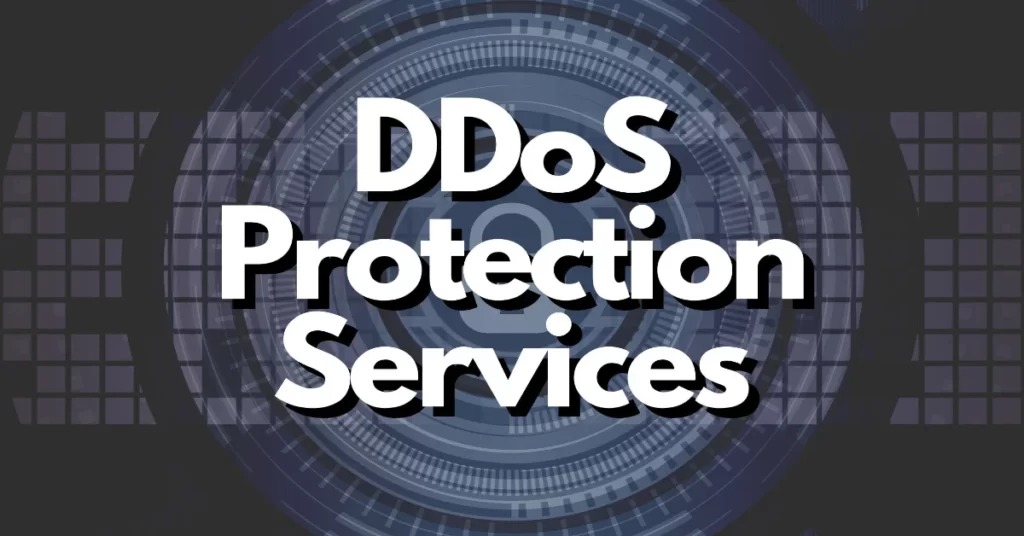The word is out about Distributed Denial of Service (DDoS) attacks; they are the most immediate threat your online business. But that is no reason to give up; you have effective and affordable options at your disposal.
Just as the DDoS attacks grow and multiply, so too do anti-DDoS services evolve, mostly in response to the growing demand to stop these threats. Today the top cyber security firms are well equipped to deal with even the most advanced DDoS techniques.
But in this war of attrition, one must always try to keep the edge to come out on top. And knowing – as you may already know – is “half of the battle”.
What You’re Up Against?
DDoS comes in many shapes and sizes, and you’re security provisions must be ready to handle each and every one.
The three primary categories of DDoS are:
1) Application Layer Attacks:
As the name suggests, Application layer (or layer 7) DDoS attacks are designed to knock out specific web applications(website or web service) by sending overwhelming amounts of human-like requests, generated by malicious DDoS bots. These attacks represent the most dangerous types of DDoS threats. Generally speaking, application layer attacks will require less firepower to initiate, and subsequently they can be initiated on a much wider scale, usually through the use of Botners; large-scale networks of Trojan infected computers and web servers. Due to their stealthy nature, such attacks are also harder to identify and block without hindering the regular human visitors.
2) Volume Based Attacks:
The most basic type of DDoS threat, In these attacks the assailant attempts to inundate a website’s bandwidth with massive loads of data.
Volume based attacks are the most typical methods for “hobby” hackers, and they are basic enough that even non-experts can execute them with a little guidance.
3) Protocol Attacks:
This category deals with attacks attempting to take down servers through the abuse of various, protocol-related, vulnerabilities. One common example of a protocol attack is a SYN flood, where the hackers send large numbers of SYN packets to a target server, and then leave the “three-way handshake” unfinished by not responding to the server with an ACK. This method eventually exhausts the number of available connections, effectively shutting down the server, while also overloading the server’s CPU resources.
Cloud-Based Solutions
Faced with new, bigger and more sophisticated DDoS threats, more and more online businesses are now handing over security responsibilities to 3rd party professionals, specifically those that provide Cloud-based solutions. This security option uses the economy of scale model to bring down the setup and maintenance costs, while also offering better efficiency and higher levels of long-term scalability.
However, with dozens of Cloud-based DDoS protection in the market, how do you choose the service that best fits your needs?
What to Look for in Cloud-based Security
This question was recently tackled by TopTenReviews; one of the most well-known and widely respected sources for comparative reviews. To provide a clear and unified benchmark to compare various DDoS protection services, the professionals at TopTenReviews came up with list of over 20 criteria that cover all of the different aspects of Cloud-based DDoS mitigation.
Such criteria include:
Network size: As a basic requirement the service must be able to handle large-scale attacks. Specifically, the firm should have a network capacity of at least 250 Gbps, preferably more.
Non-disruptive mitigation: The challenge of DDoS prevention is to keep the site running while under attack. As a result, the review checks for over-reliance on invasive methods, like flashing indiscriminative CAPTCHAs, blocking IPs or causing delays and shutdowns.
24/7 customer support: This is not only about your peace of mind. Rapid response to attack scenarios is important, as it diminishes the crippling effect of the attack. Your service must work around the clock, always on the lookout for irregularities in traffic flow.
After examining these and other benchmarking criteria, the reviewers chose Incapsula’s cloud-based DDoS protection services for the 1st place in DDoS Mitigation Providers category and simultaneously set the standard of what anti-DDoS services should offer.

